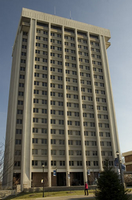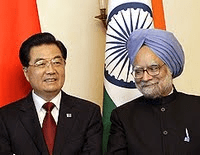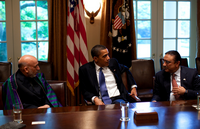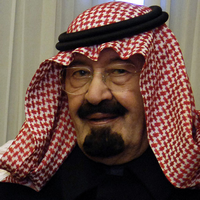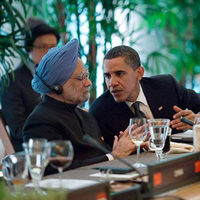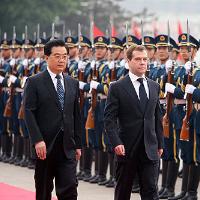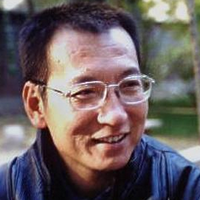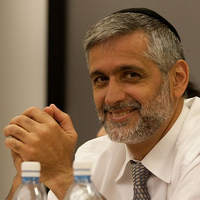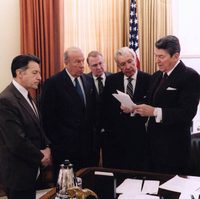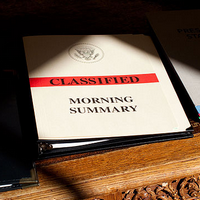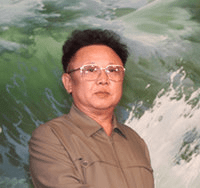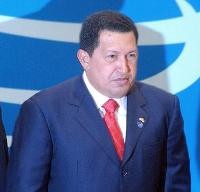
When then-Col. Hugo Chávez launched a military coup against the civilian government of Venezuela in 1992, he had not yet grasped the potential value of winning a democratic election. Luckily for Chávez, his coup attempt failed, and he survived to play the democracy game. Today, 12 years after winning his first election for what at the time was meant to be a single five-year presidential term, Chávez has become a master of the game, writing and rewriting the rules, and testing the willingness of his followers to believe they still live in a democratic country. There is no certainty, however, […]

